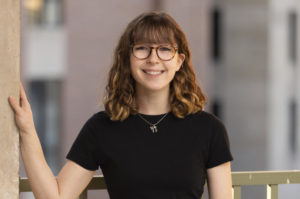Syrian airstrikes hit home for some PNHS students
April 26, 2018
For teens in Syria, it is as clear and fresh as day in their minds. For teens in America, it was Friday, April 13th, 2018. Every news channel was reporting on it—the United States had intervened abroad on yet again another matter, a hot topic at hand: Syria. By that Friday afternoon, almost everyone, everywhere had come to know that President Donald Trump had conducted a 105-missile attack on three of Syrian President Bashar al-Assad’s chemical weapons facilities.
News of the attacks impacted Syrian-born PNHS students in a different way than their classmates. Freshman Ammar Kheara, who came in this past year from Humas, Syria as a refugee, did not want to discuss his feelings about what had recently happened with the missile attack. “It was very painful to leave my home, I was [separated] from my family, cousins and uncle,” he said.
Junior Zainab Fayyaz and sophomore Maham Khanum, who both tutor Syrian refugees through their local mosque, the Kalamazoo Islamic Center, were also impacted by the events.
“They would tell me all about their homes [in Syria], even if they could barely talk, I could understand right through the emotion they showed when they talked,” Fayyaz said.
“This is not the first time there was a step taken by the President like this so, I was not shocked. We have been indirectly doing this for so long, by giving aid and supplies to Israel to bomb Syria themselves,” Fayyaz continued.
Khanum began to tear up while remembering the children she tutored and their innocence. “I felt petrified by the news of the attack and anger. Some kids are lucky enough to make it, like the innocent ones I got to tutor, but they left families with kids the same age and even younger.” Having had a personal connection to those who were lucky enough to escape the war, Fayyaz and Khanum both understood the negative personal consequences of the attack in Syria and how they affect people, not just policy.








